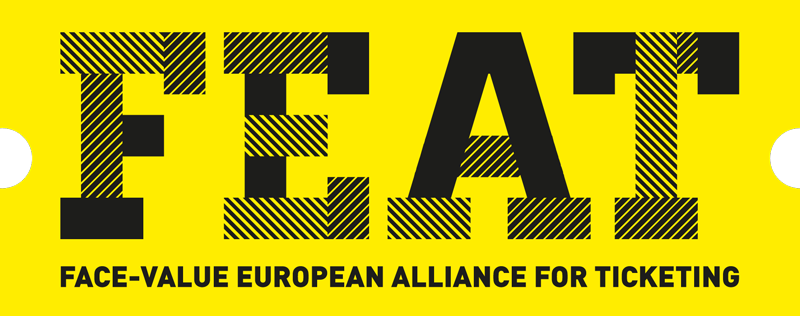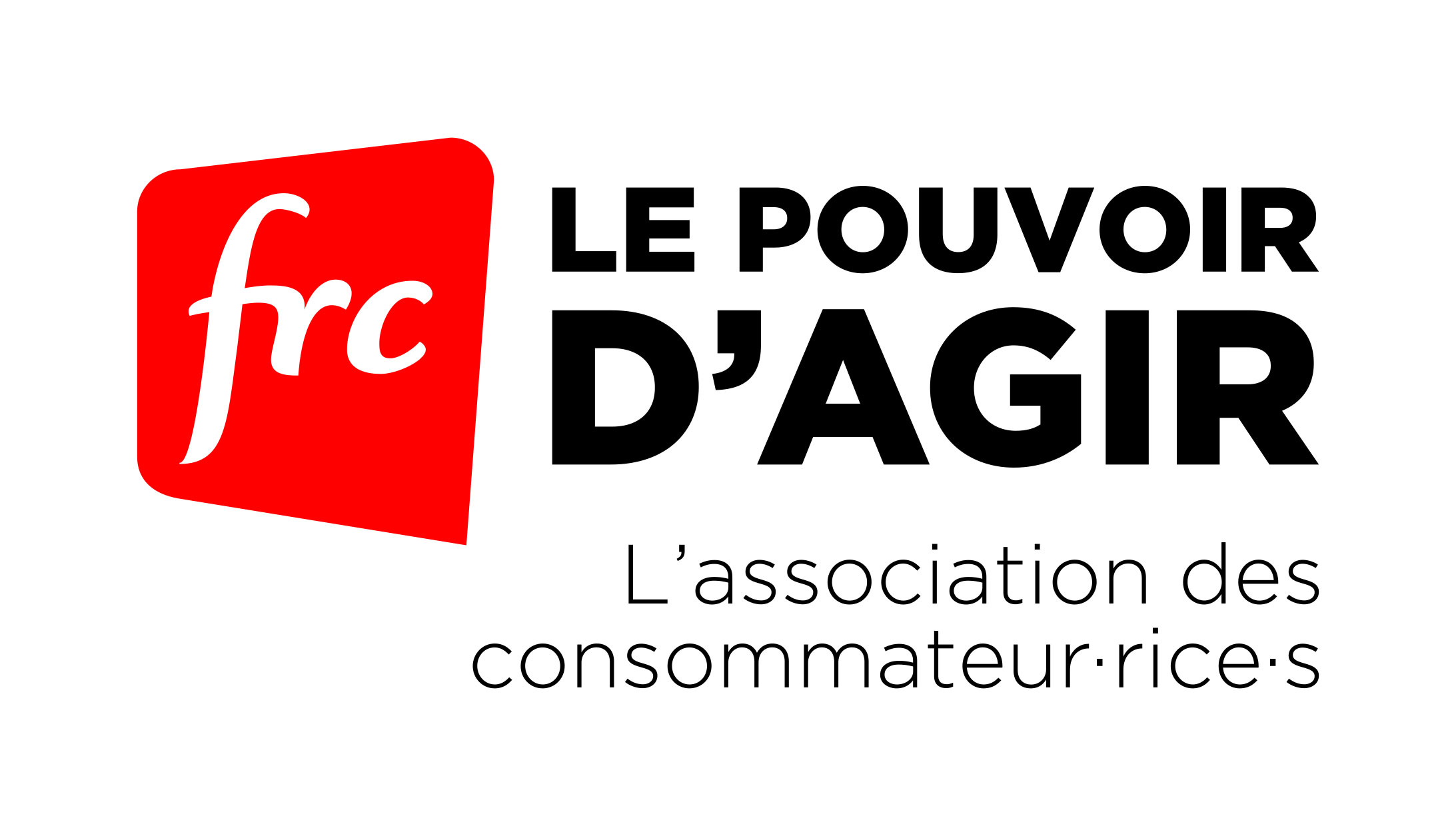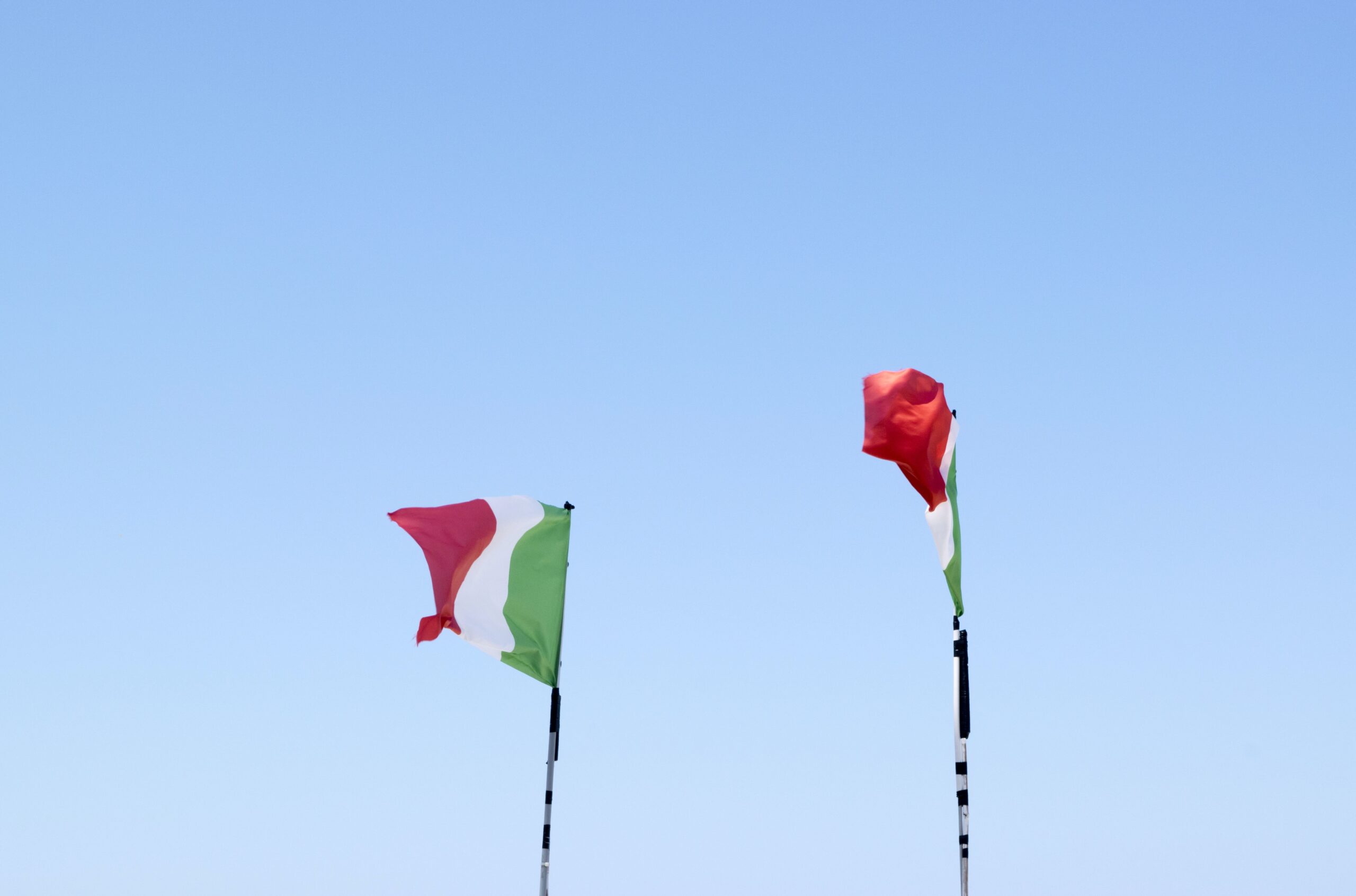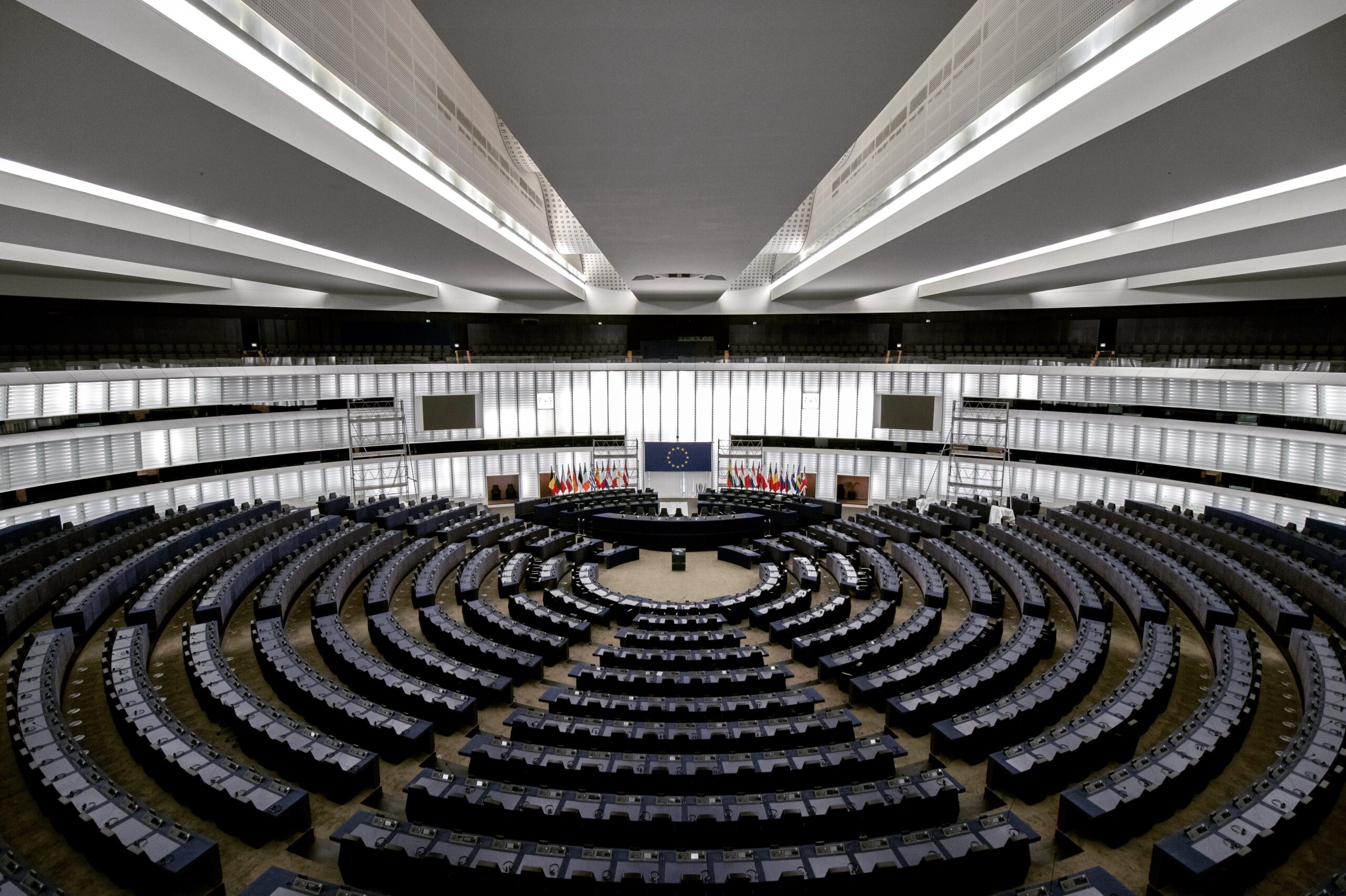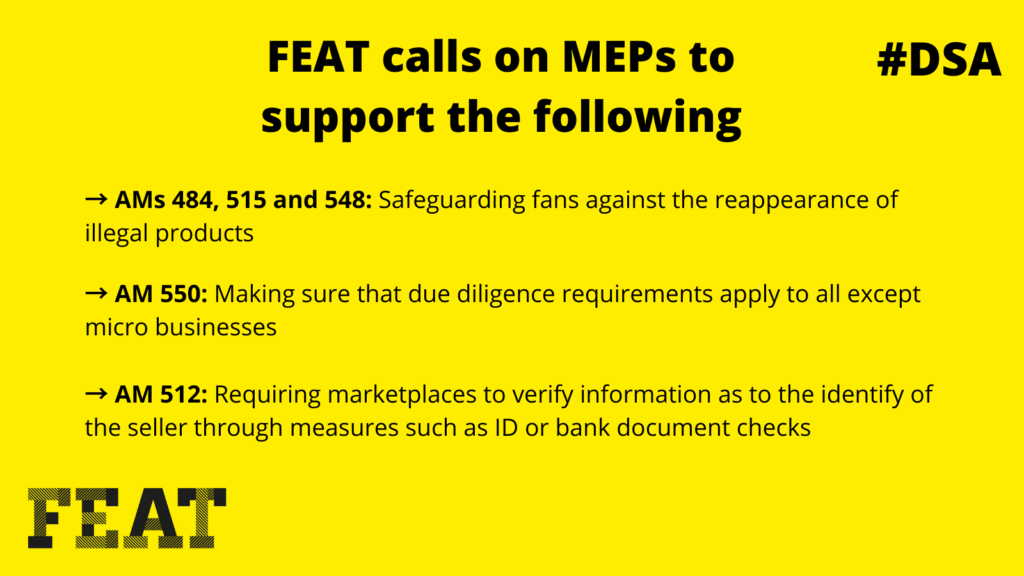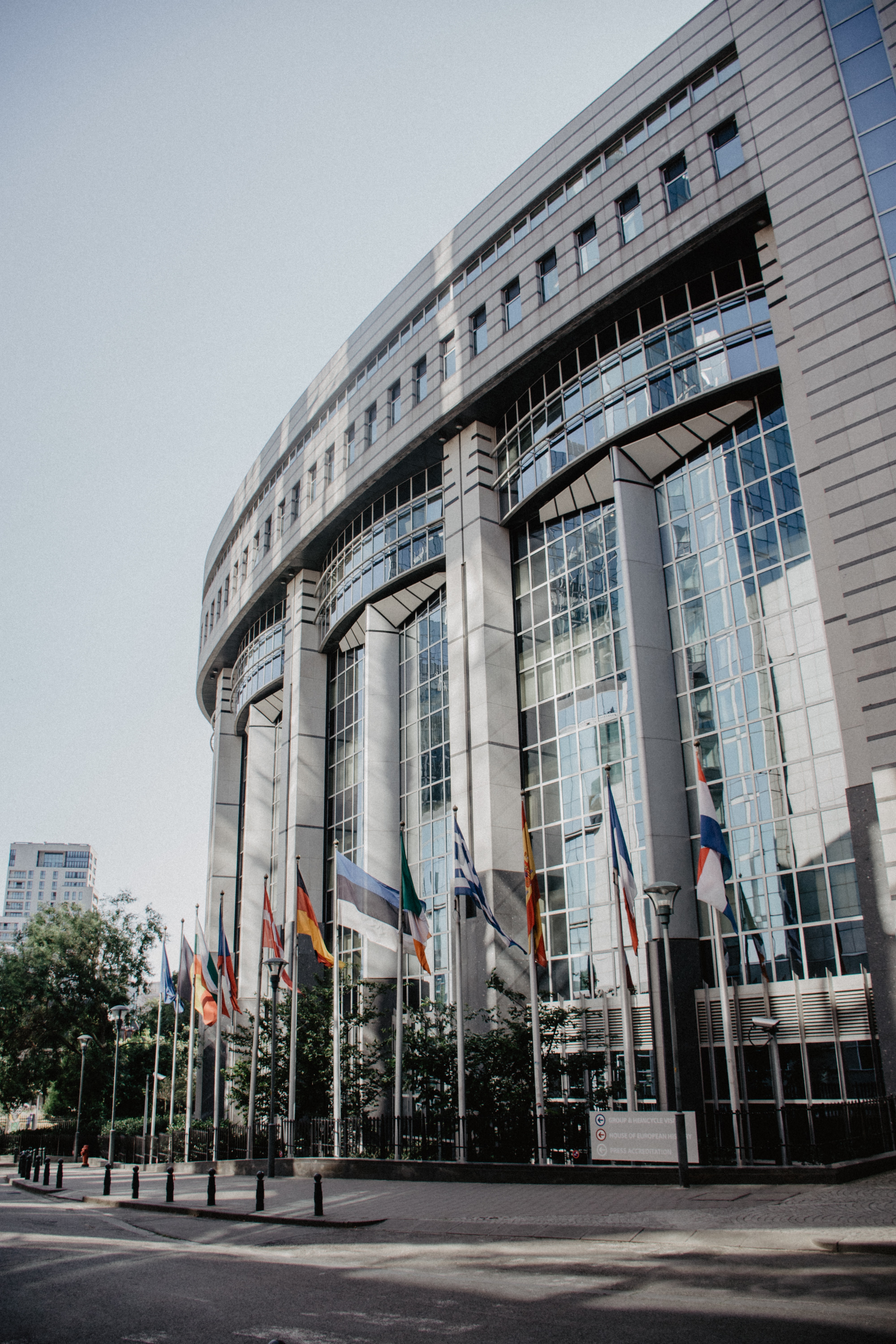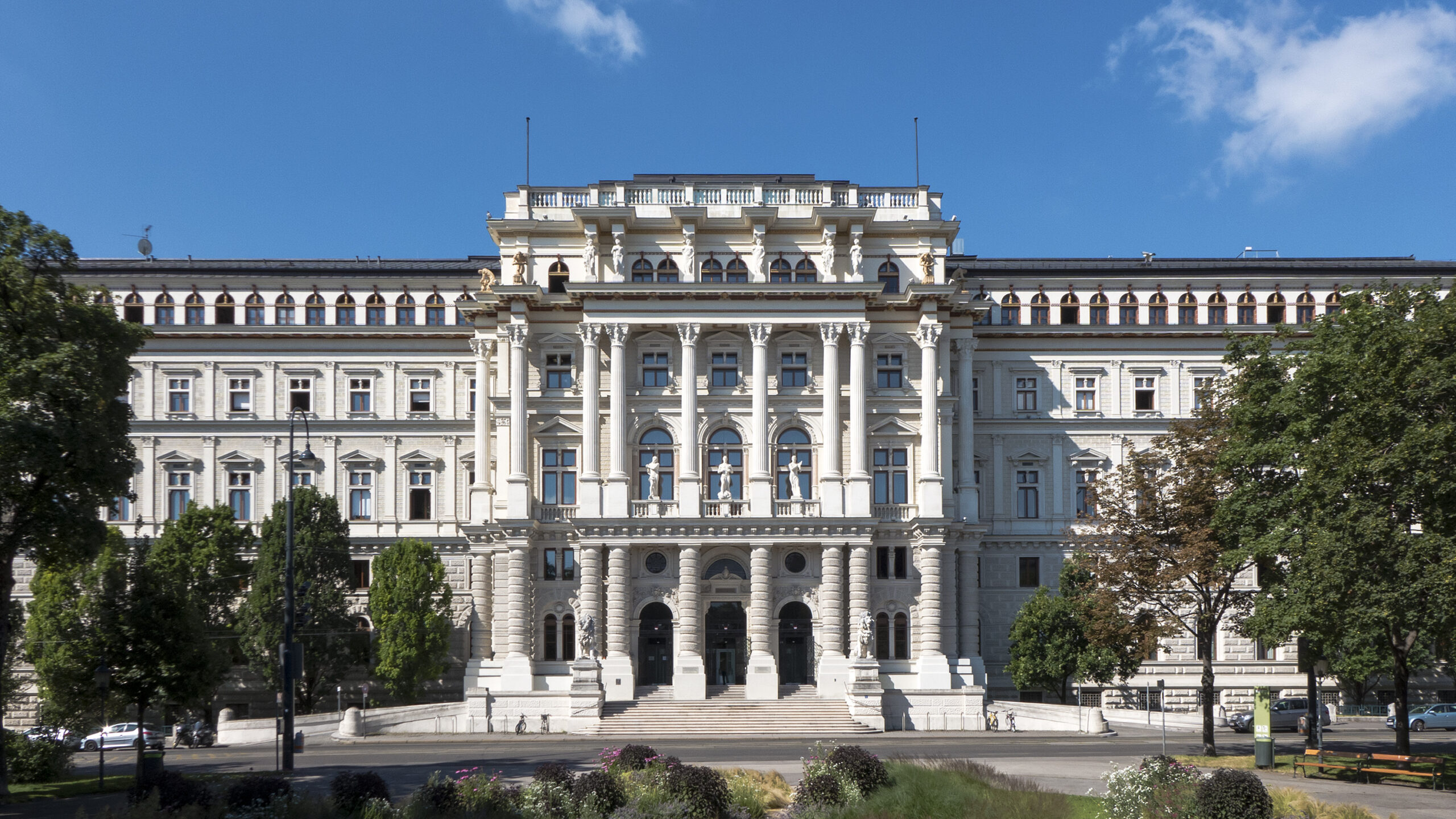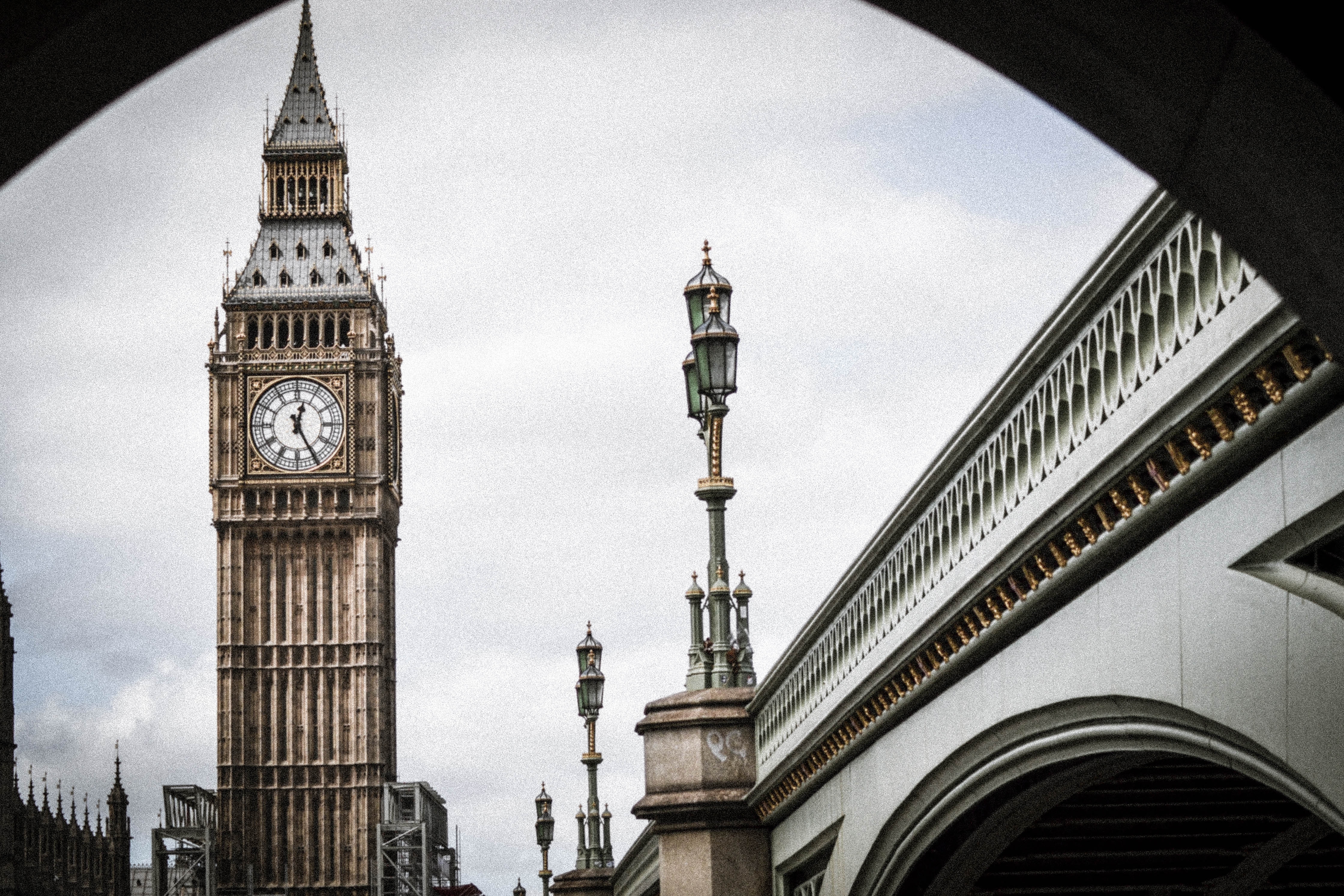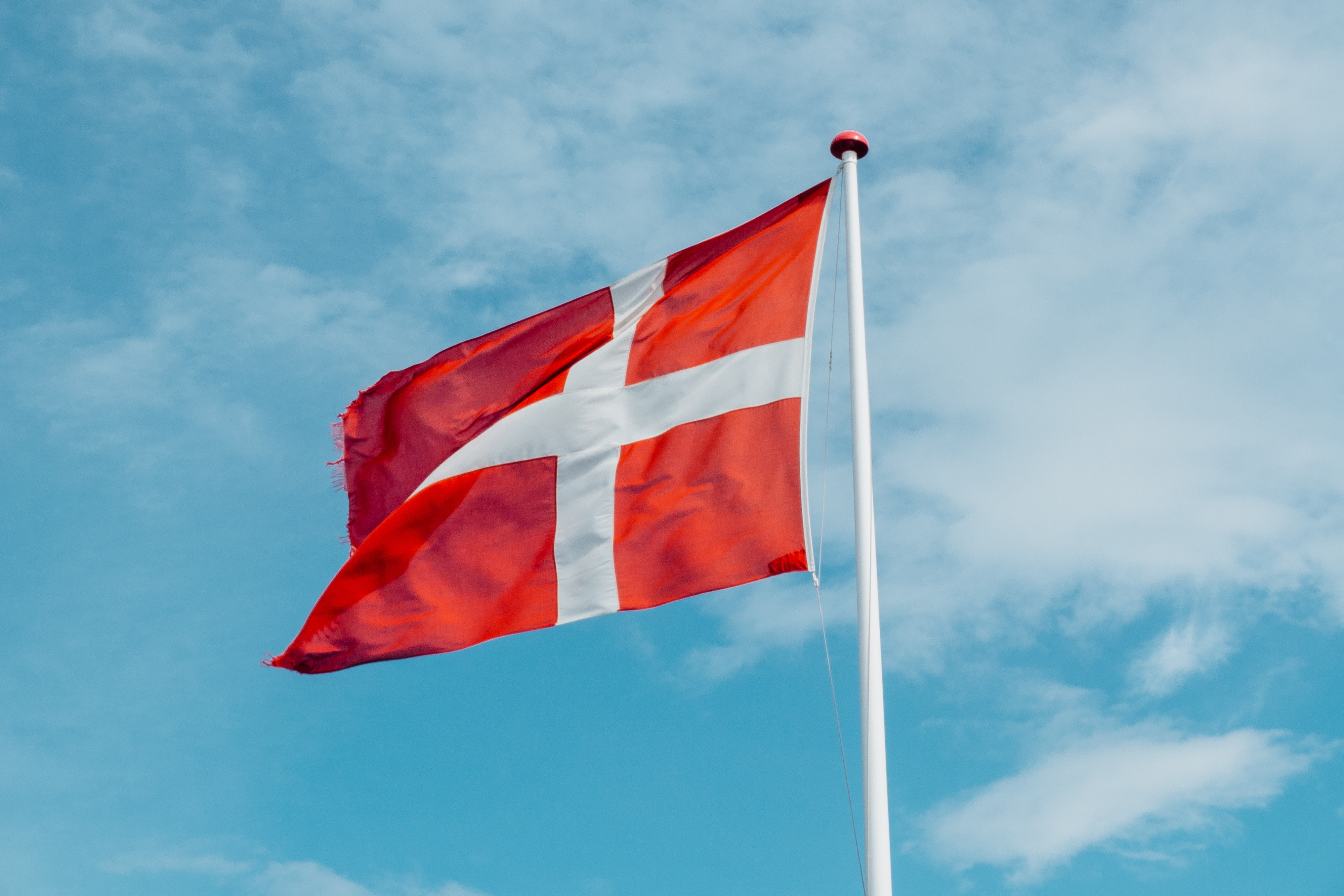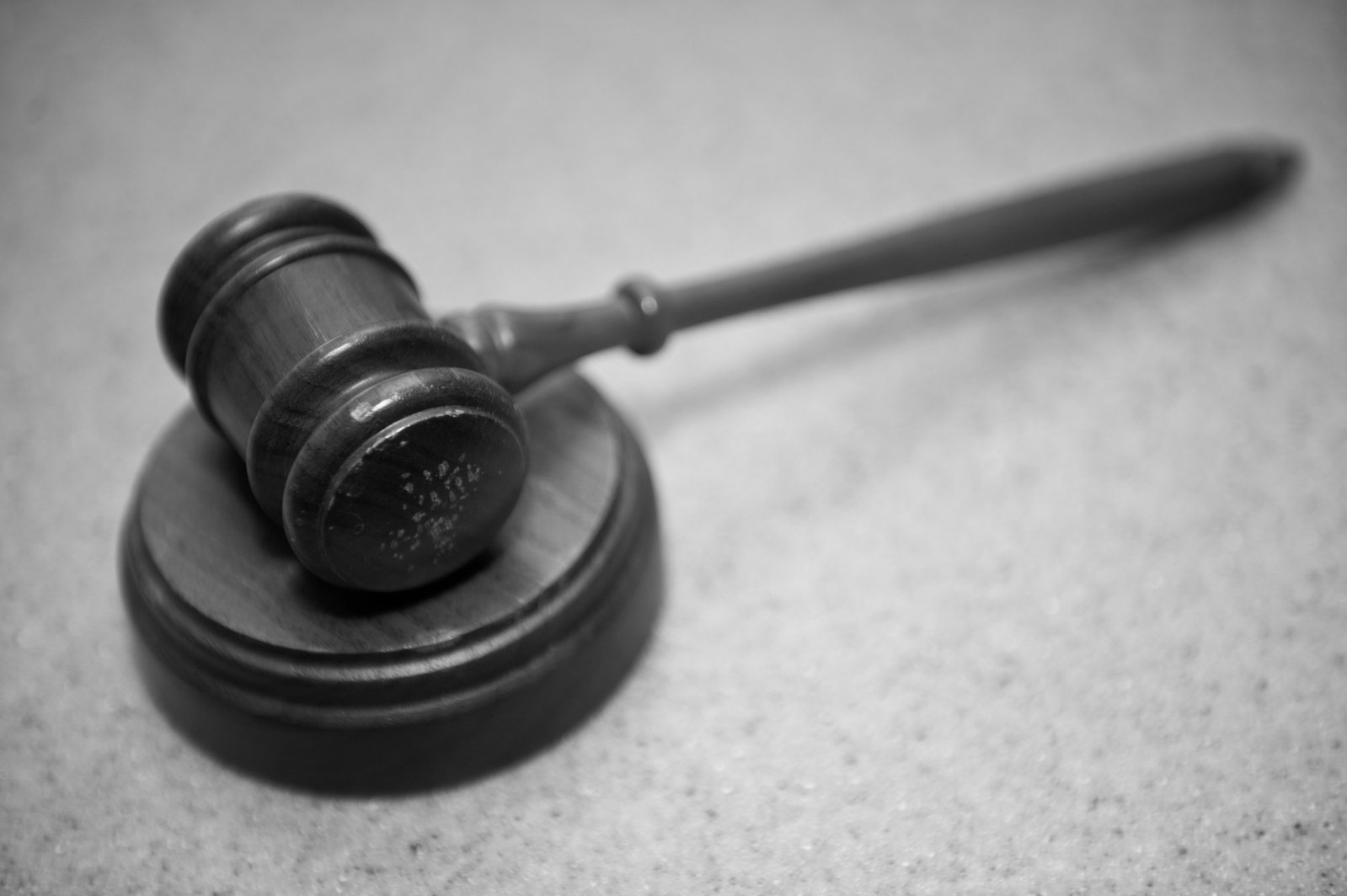Viagogo has reached a settlement with the Fédération Romande des Consommateurs (FRC), Switzerland’s largest consumer protection organisation.
The secondary ticketing marketplace, whose European headquarters are in Switzerland, has allocated 100,000 CHF (roughly €105,000 or £90,000) as compensation for the 807 individuals who have lodged complaints against Viagogo with the FRC prior to 5 February, 2024.
Viagogo has also agreed to make changes to its Swiss website (viagogo.ch). These are as follows:
- Indicating the platform’s status as a resale marketplace in Switzerland’s three national languages and English, so that consumers are not led to believe they are buying from an official seller.
- Greater transparency over ticket prices and seating information, with the total cost and seating information clearly shown throughout the buying process.
- A reduced number of “pop-up” windows, to limit the pressure put on consumers to make a purchase.
- Clearly identifying professional resellers or traders, so that buyers do not falsely believe that they are buying from another consumer.
The FRC first lodged a criminal complaint against Viagogo with the Geneva public prosecutor’s office in 2017 after receiving over 100 complaints against the site. These related to lack of transparency over pricing, pressure-selling tactics, and leading consumers to believe that they are buying from an official ticket seller.
In return for these changes, the FRC has withdrawn its lawsuit. However, should Viagogo fail to meet any of the above commitments, the FRC will be free to make another legal complaint.
Jean Tschopp, head of the FRC’s legal department said “In our view, this agreement was the best option faced to a procedure that was getting bogged down and would certainly have taken many more years before a final decision was reached. Our association preferred concrete improvements for internet users in the form of changes brought to Viagogo’s Swiss website instead of waiting several more years for a final decision”.
Commenting on the news, FEAT director Sam Shemtob said: “While great news, the settlement – made after six years of legal work – highlights the difficulty of hauling uncapped ticket resale sites through the courts. For consumers in the EU, we hope and expect the new Digital Services Act, which requires online marketplaces to improve transparency and desist from pressure buying tactics, will be robustly enforced.”
You can read more about the legal case on the FRC’s website here.
There have been over 40 legal cases against ticket traders and resale platforms in the EU since 2016.
